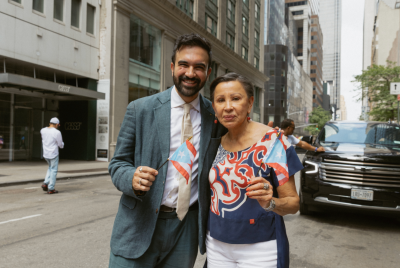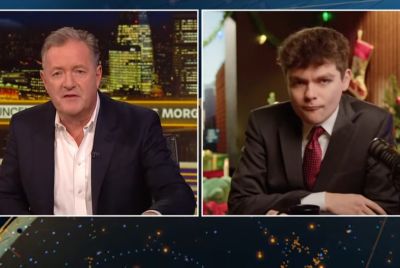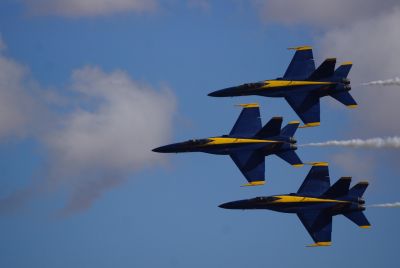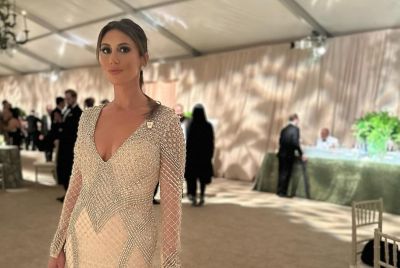US and Cuba begin historic talks on immigration
The highest-level US delegation to Cuba in 35 years began talks on Wednesday (January 21) to focus on immigration, and restoring diplomatic ties between two adversaries who have been locked in Cold War-era hostilities.
The two days of meetings are the first since US President Barack Obama and Cuban President Raul Castro announced on December 17 they had reached a historic breakthrough after 18 months of secret negotiations.
Talks will focus on immigration on Wednesday and turn to restoring diplomatic ties on Thursday (January 22).
On immigration, Cuba's delegation, led by Cuban Foreign Ministry Head of North America Affairs, Josefina Vidal, has said it will protest US laws that welcome Cubans into the United States once they set foot on American soil.
Cuba says this is an exceptional policy that promotes people-trafficking and dangerous journeys across the Florida Straits on flimsy vessels.
Both sides are also expected to outline longer-term goals. While Cuba will seek the repeal of Washington's 53-year-old economic embargo and ask to be removed from the US list of state sponsors of terrorism, the Americans will press the one-party state for greater human rights.
Obama has the executive authority to restore diplomatic ties but needs the Republican-controlled Congress to lift the 53-year-old trade embargo against the communist-ruled island.
Obama made steps towards this in his annual State of the Union address on Tuesday (January 20), taking a defiant tone in telling Congress that "we are ending a policy that was long past its expiration date."
© Copyright IBTimes 2025. All rights reserved.





















